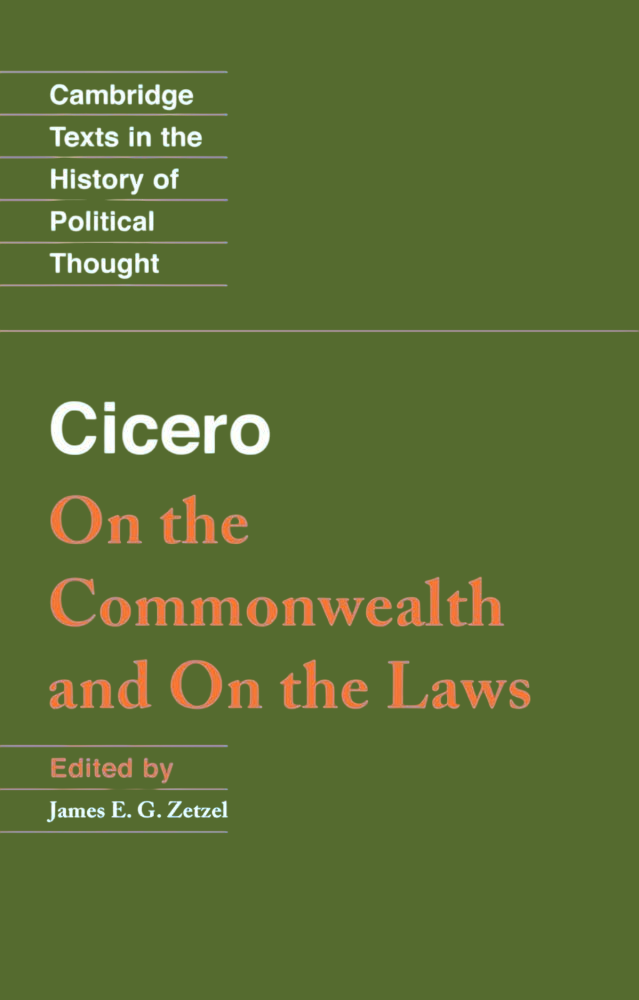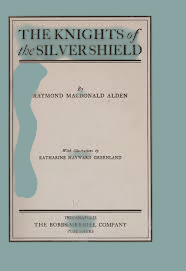
On the Laws
By Marcus Tullius Cicero (106 – 43 BCE)
Translated by Charles Duke Yonge (1812 – 1891)
Explore Cicero’s profound reflections on law, morality, and governance in On the Laws. This philosophical treatise examines Natural Law, ancient Roman religious practices, and constitutional reform, offering timeless insights into justice and civic responsibility.
Book Details
- Title: On the Laws (De Legibus)
- Author: Marcus Tullius Cicero (106–43 BCE)
- Translator: Charles Duke Yonge (1812–1891)
- Genre: Classics (Greek & Latin Antiquity), Non-fiction, Philosophy
- Language: English
On the Laws By Marcus Tullius Cicero – Audiobook in English
Written during the tumultuous final years of the Roman Republic, Cicero’s On the Laws (De Legibus) presents a powerful exploration of the foundations of law, morality, and governance. Cicero, one of Rome’s greatest orators, statesmen, and philosophers, penned this treatise as a continuation of his work in On the Commonwealth (De Re Publica). Though only three of the six original books have survived, their content remains a cornerstone of classical philosophy and political thought.
Book Structure
- Natural Law: The first book delves into Cicero’s belief in Natural Law, a universal system of justice derived from reason and inherent to human nature. Cicero argues that true law is eternal, unchangeable, and superior to human legislation, binding all people and nations.
- Religious Laws of Rome: In the second book, Cicero revisits and reforms the religious laws of Rome, drawing inspiration from the pious reign of King Numa Pompilius. He examines the role of religion in uniting society, providing moral guidance, and maintaining civic order.
- Constitutional Reforms: The third book outlines Cicero’s proposed reforms to the Roman Constitution. Here, he emphasizes balance, the importance of a mixed government, and the protection of individual rights, aiming to preserve the republic’s values amid growing political instability.
Through these discussions, Cicero intertwines philosophy with practical governance, advocating for laws that reflect ethical principles and promote societal harmony.
Historical Context
Cicero wrote On the Laws during a period of profound political upheaval, as the Roman Republic teetered on the brink of collapse. His treatise reflects his deep concern for Rome’s future and his commitment to preserving its republican ideals. Though his reforms were never implemented, his writings influenced later thinkers, including Thomas Aquinas, John Locke, and the framers of modern constitutional democracies.
Philosophical Significance
Cicero’s concept of Natural Law has been a cornerstone in the development of Western legal and political thought. His belief that law should align with reason and universal morality continues to inspire debates about justice, governance, and the role of the state.
About the Author
Marcus Tullius Cicero (106–43 BCE) was a Roman statesman, orator, lawyer, and philosopher. Known for his eloquence and intellect, Cicero championed republican values and resisted the authoritarian tendencies of his time. His works, including On the Laws, have left an enduring legacy in philosophy, law, and rhetoric.
Charles Duke Yonge (1812–1891) was an English classical scholar and translator. His translations of Cicero’s works brought the ideas of ancient Rome to English-speaking audiences, preserving their relevance for modern readers.
Why You Need to Listen to This Audiobook
1. Understand the Foundations of Law and Justice
Cicero’s exploration of Natural Law offers timeless insights into the nature of justice, morality, and governance, making this audiobook essential for anyone interested in philosophy or legal theory.
2. Witness the Intersection of Philosophy and Politics
By combining ethical principles with practical proposals, Cicero demonstrates how philosophy can inform and improve political systems—a lesson still relevant in today’s world.
3. Appreciate the Historical Significance
Gain a deeper understanding of the political challenges faced by the Roman Republic and how Cicero’s ideas influenced Western political thought, from the Enlightenment to the modern era.
4. Timeless Wisdom on Civic Responsibility
Cicero’s reflections on the duties of citizens and leaders resonate with contemporary discussions about democracy, individual rights, and the rule of law.
5. Engaging Narration of a Classic Work
The translation by Charles Duke Yonge ensures that Cicero’s eloquent arguments are accessible and compelling, making this audiobook an enjoyable experience for both scholars and general listeners.
Final Thoughts
On the Laws is not just a historical document but a profound meditation on the principles that underpin society and governance. Whether you’re a student of philosophy, history, or politics, this audiobook provides a wealth of knowledge and inspiration.
Step back into ancient Rome and explore Cicero’s vision for a just and virtuous society. Listen now to uncover the enduring relevance of his ideas and their influence on the world we live in today.









